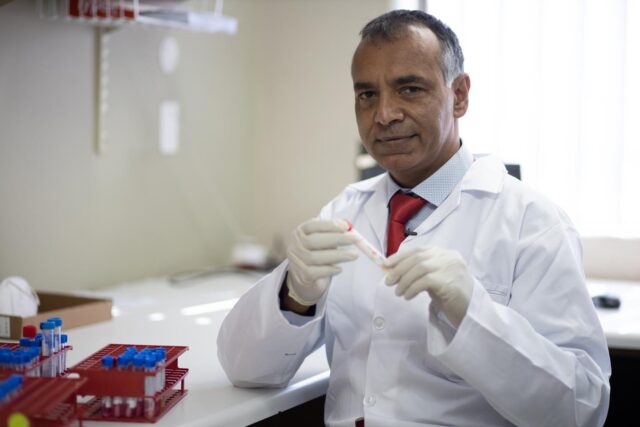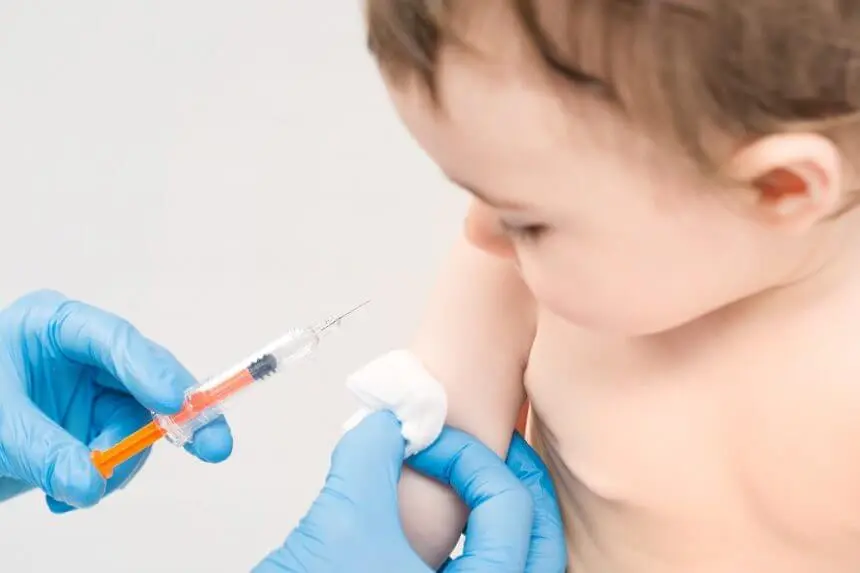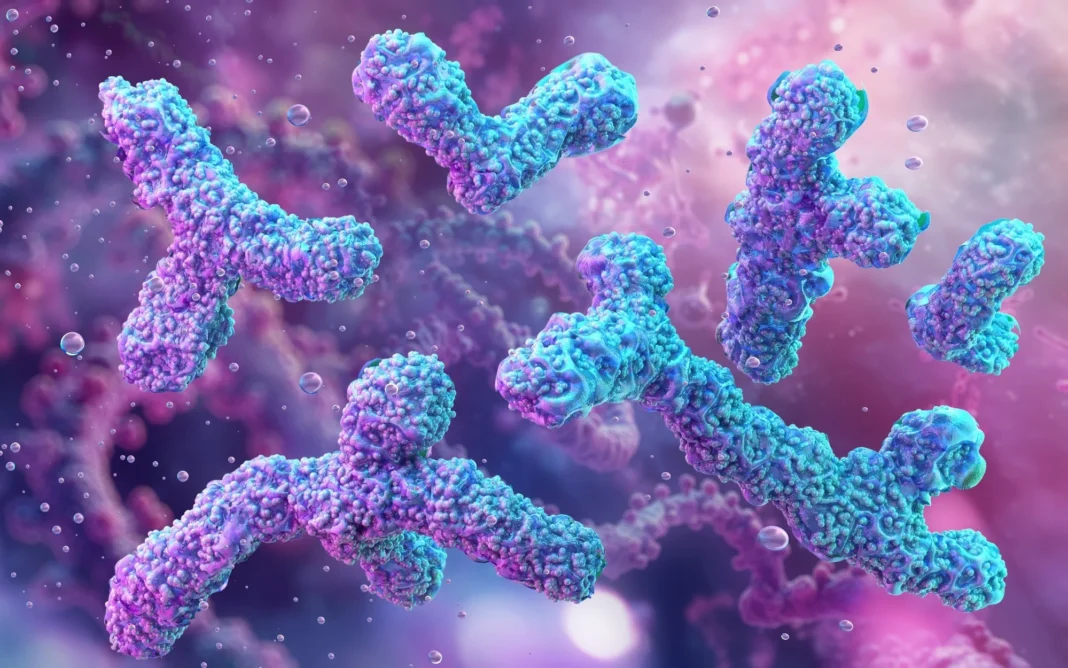Vaccines have halved child mortality since 2000 and saved more than 150 million lives since 1974.
Professor Shabir Madhi began his medical career at a pivotal moment in South Africa’s history. As the country emerged from apartheid, a nationwide immunization effort was launched to protect children—many receiving vaccines for the first time. As a young researcher, Dr. Madhi played a key role in evaluating the pneumococcal conjugate vaccine (PCV), which showed extraordinary results.

“Our findings were just phenomenal,” he recalls. At the time, pneumonia was killing nearly 850,000 children under five each year. With PCV, the most severe cases dropped by 90%.
Vaccines that changed the story for children
Since then, Dr. Madhi has stood at the forefront of a global vaccine revolution. Vaccines have halved child mortality since 2000 and saved more than 150 million lives since 1974. “I’ve been fortunate to witness the impact of many life-saving vaccines throughout my career,” he says.
One of those vaccines targeted rotavirus, a leading cause of severe diarrhea in children.
“We used to have whole wards reserved for children admitted for rotavirus,” Dr. Madhi recalls. “Within a year of introducing the vaccine, those wards shut down across the country because they were empty—rotavirus nearly disappeared.”
A new frontier: maternal immunization protecting babies before birth
Today, as director of the Vaccines and Infectious Disease Analytics unit at the University of the Witwatersrand, Dr. Madhi is focused on a new frontier in immunization: maternal vaccines. These vaccines—administered during pregnancy—can protect newborns during their most vulnerable window of life: the first three to six months.
He first witnessed the power of maternal immunization as a young doctor treating babies with neonatal tetanus—a disease that claimed over 90% of its victims. But when tetanus vaccines were administered during pregnancy, deaths dropped from 500,000 a year to under 50,000.
In more recent studies, he found that babies born to mothers who received the pneumonia vaccine during pregnancy were 40% less likely to be hospitalized.
“It was a massive finding,” says Dr. Madhi. “When you add up the number of babies benefiting, it runs into hundreds of thousands across the world.”
Scaling protection against RSV and GBS
Today, he is focused on developing maternal vaccines against two major infant diseases that remain especially deadly: respiratory syncytial virus (RSV) and group B streptococcus (GBS). RSV is viral infection, GBS is bacterial, and together they cause nearly 200,000 infant deaths annually.
New maternal vaccines could prevent many of those deaths. In fact, World Health Organization prequalified the first-ever maternal vaccine for RSV in March 2025—a major milestone.
“What keeps me going,” he says, “is seeing how vaccines can transform lives. We’ve already saved millions of children. With maternal immunization, we’re commited to save millions more—starting before birth.”
Source: GATE FOUNDATION




